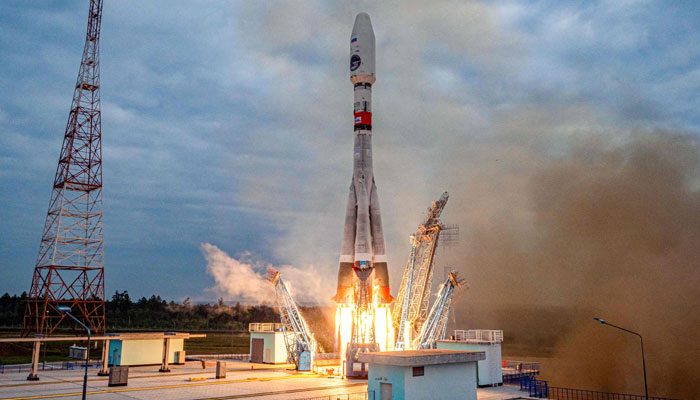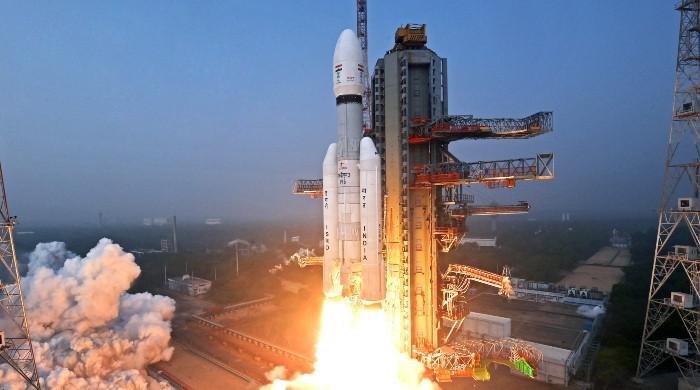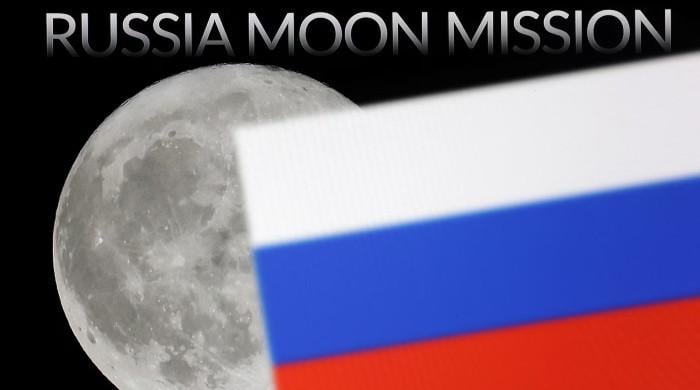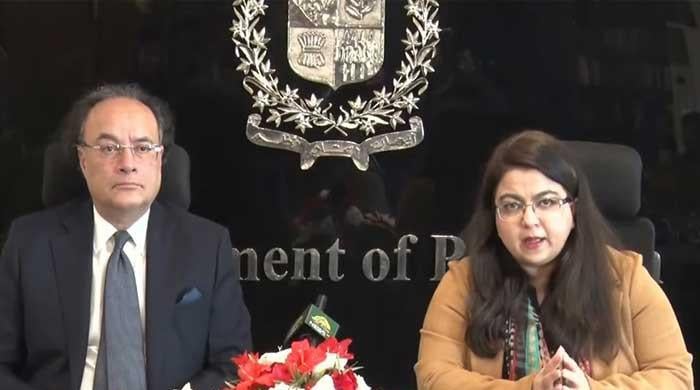Russia's Luna 25 spacecraft crashes into moon amid failure
A special interdepartmental commission will look into the circumstances surrounding the loss of Luna 25 craft
August 20, 2023

Russia's Luna 25 spacecraft crashed onto the moon after spinning out of control while attempting to enter pre-landing orbit, ending Russia's first moon trip in 47 years and highlighting the post-Soviet downfall of a once-dominant space project.
A malfunction occurred as the ship was being shifted into pre-landing orbit on Saturday at 11:57 GMT, according to Roskosmos, jeopardising Monday's landing which was originally aimed to be gentle.
"The apparatus moved into an unpredictable orbit and ceased to exist as a result of a collision with the surface of the Moon," Roskosmos said in a statement.
According to the space agency's statement, a special interdepartmental commission, whose task had given Moscow hope that Russia was rejoining the large power moon race, had been established to look into the circumstances surrounding the loss of the Luna 25 craft.
The disaster highlighted Russia's declining space prowess since the height of the Cold War rivalry, when Moscow launched Sputnik 1, the first satellite to orbit the Earth, in 1957, and Soviet cosmonaut Yuri Gagarin became the first person to enter space in 1961, Reuters reported.
The $2 trillion economy of Russia is also currently dealing with its biggest external challenge in decades as a result of Western sanctions and the largest land conflict in Europe since the Second World War.
Since Luna-24 in 1976, when communist leader Leonid Brezhnev was in charge of the Kremlin, Russia had not undertaken a moon mission.









